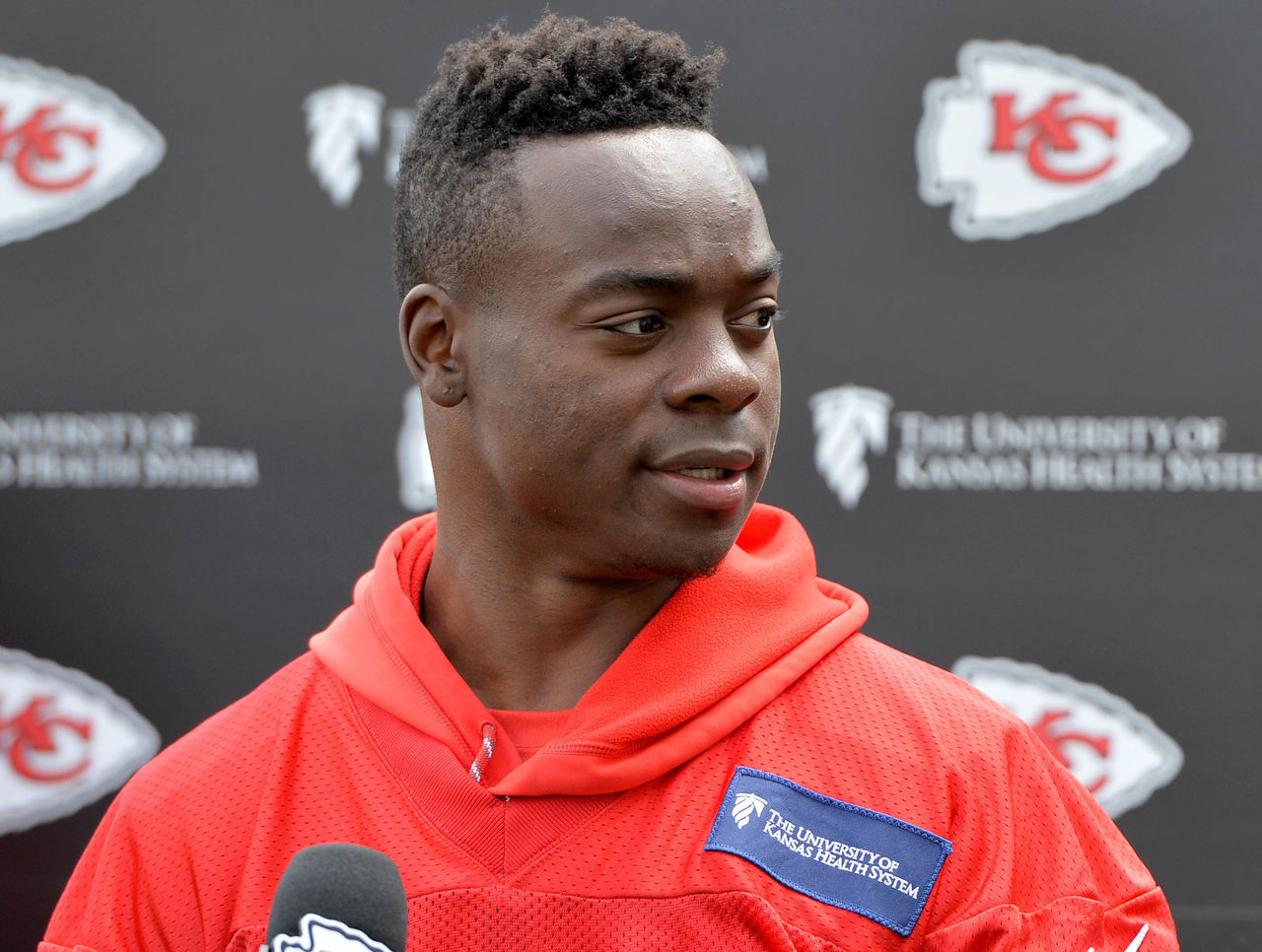3 smartest financial decisions of the offseason

Recent increases in the NFL's salary cap have eased the burden that the pay limit imposes on teams, but it remains paramount for clubs to keep their money in order. One or two bad contracts on the books can prevent a team from making a player acquisition that could mean the difference between missing the playoffs and contending for a Super Bowl title.
Here are the three most shrewd financial moves made by teams this offseason:
Bills rework Tyrod Taylor's deal
Tyrod Taylor entered the offseason with seemingly all the leverage in the world.
The Buffalo Bills passer had a $15.5-million option bonus due March 11 that, if exercised, would guarantee $30.75 million in his contract over the next two years.
With the Bills apparently unwilling to commit that kind of cash to Taylor despite all the promise he's shown, signs pointed to the team cutting him and restarting its decades-long search for a long-term starting quarterback. It was presumed Taylor preferred this outcome, as he could have demanded a deal worth more than $30 million as a free agent.
But there was still a Hail Mary option for the Bills: get Taylor to agree to give some money back and keep him around on a more palatable deal.
That's exactly what happened. The Bills convinced Taylor to sign a reworked deal that will pay him $15.5 million guaranteed, $14.5 million of which will come this year, with a team option to pay him an additional $16 million for 2018.
If Taylor performs well, he'll still get his $30 million - and he'll get the chance to hit free agency after 2018 and earn a whole lot more. If he doesn't perform, the Bills can get out from under his deal in a year's time.
Perhaps Taylor gave away too much leverage, but he cited a desire to remain in Buffalo and allow the team to add talent around him when explaining his decision to agree to a restructured deal.
Not all deals need a winner and a loser. This one can be win-win for both team and player.
Packers snag Bennett for a bargain

(Photo courtesy: Getty Images)
Green Bay Packers general manager Ted Thompson generally prefers hibernating through March rather than getting involved in the free-agency frenzy, but he made an out-of-character move this spring and signed a notable name.
That someone is Martellus Bennett, who helped the New England Patriots win the Super Bowl and will now join another of the NFL's best offenses as Aaron Rodgers' newest weapon.
The Packers must be thrilled to add a player of Bennett's caliber, and they must be absolutely elated to do it on such team-friendly terms. Bennett's three-year, $20.25-million contract looks even better once you see that only the $6.3-million signing bonus is guaranteed.
Still don't think Bennett carries major value? Consider that the Arizona Cardinals gave Jermaine Gresham a four-year deal worth $28 million with $13 million guaranteed this offseason and ask yourself which veteran tight end you'd rather have.
Ravens capitalize on Chiefs' tough cut

(Photo courtesy: Action Images)
With looming salary cap issues, the Kansas City Chiefs made what must have been a difficult decision to release Jeremy Maclin in June. Their loss was the Ravens' gain.
Following Steve Smith's retirement and Dennis Pitta's latest hip injury, the Ravens had a major need for a reliable pass-catcher. Maclin isn't just reliable, he's a bona fide No. 1 receiver when healthy - and he came shockingly cheap considering his resume.
The Ravens signed Maclin to a two-year deal worth $11 million, almost the exact same contract the Chicago Bears gave Markus Wheaton. That's value.
And it gets even better. Because Maclin was cut by the Chiefs, signing him won't affect the Ravens' compensatory picks formula for 2018, something GM Ozzie Newsome cares about more than perhaps any of his peers.